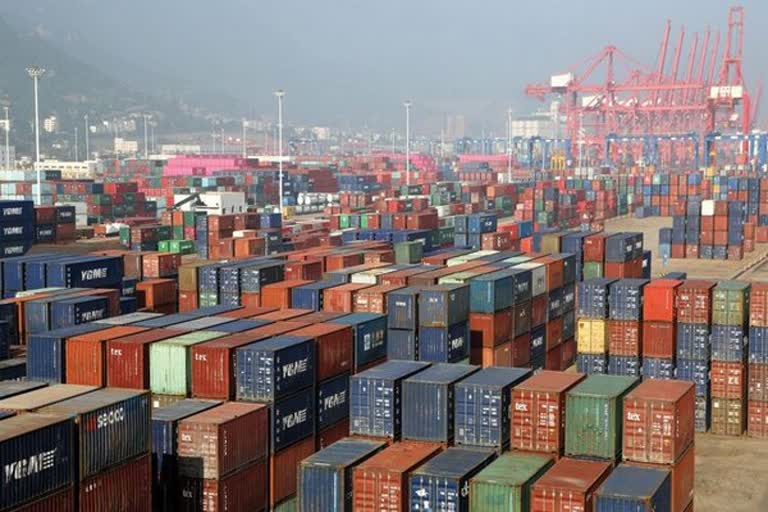Geneva: The global economy is set to grow by 4.7 per cent this year, faster than predicted in September (4.3 per cent), thanks in part to a stronger recovery in the United States where progress in distributing vaccines and a fresh fiscal stimulus of 1.9 trillion dollars are expected to boost consumer spending, a new report released by UNCTAD said on Thursday.
But this will still leave the global economy over 10 trillion dollars short of where it could have been by the end of 2021 if it had stayed on the pre-pandemic trend and with persistent worries about the reality behind the rhetoric of a more resilient future.
"A misguided return to austerity after a deep and destructive recession is the main risk to our global outlook," said the report titled 'Out of the frying pan ... Into the fire?' as an update to UNCTAD's Trade and Development Report 2020.
Also Read:Success of two-day strike is a warning signal to govt, says Bank Union leader
The brunt of the hit to the global economy is being felt in developing countries with limited fiscal space, tightening balance of payments constraints and inadequate international support, according to United Nations Conference on Trade and Development (UNCTAD). And while all regions will see a turnaround this year, potential downside health and economic risks could still produce slippages.
Looking further ahead, the report says outdated economic dogmas, weak multilateral cooperation and a widespread reluctance to tackle the problems of inequality, indebtedness and insufficient investment - all worsening thanks to COVID-19.
It suggests that without a change in course, the new normal for many will be an unbalanced recovery, vulnerability to further shocks and persistent economic insecurity.
Describing 2020 as an 'annus horribilis,' the report acknowledges that things could have been worse.
A combination of preemptive Central Bank action to avoid a financial meltdown, swift and sizeable relief packages in advanced countries, a bounce-back in capital flows and commodity prices and the unprecedented fast-tracking of vaccine development all helped to avoid an even more vicious deflationary spiral taking hold.
